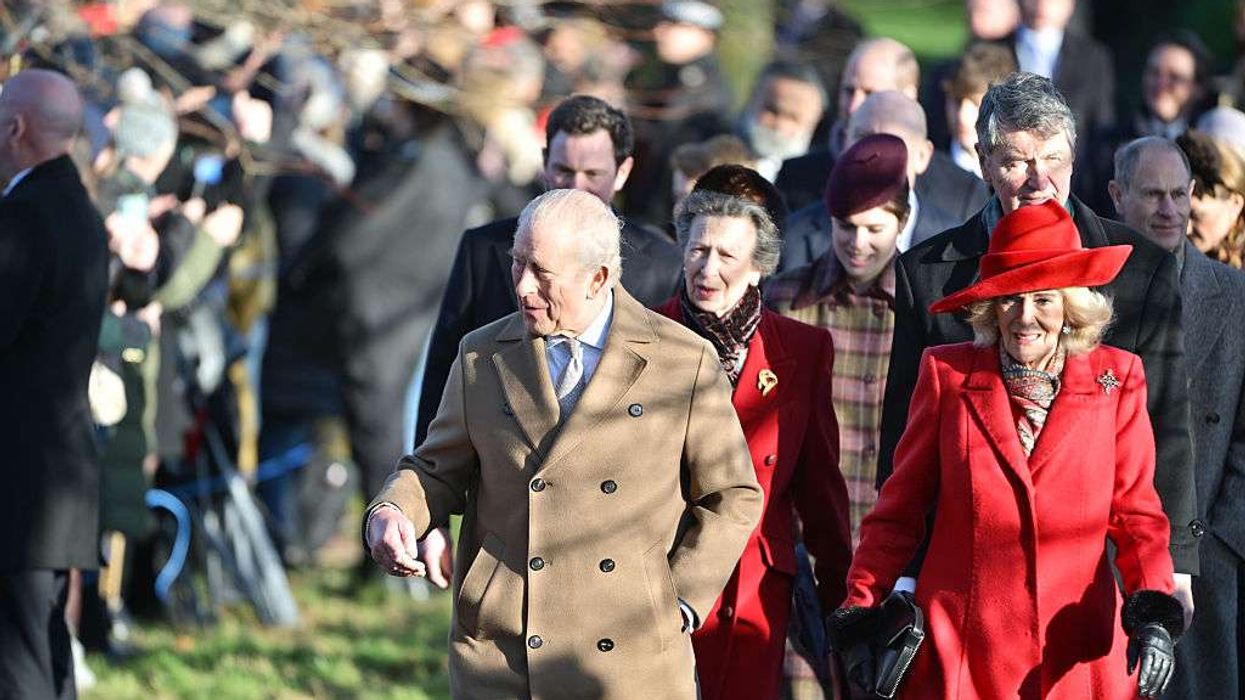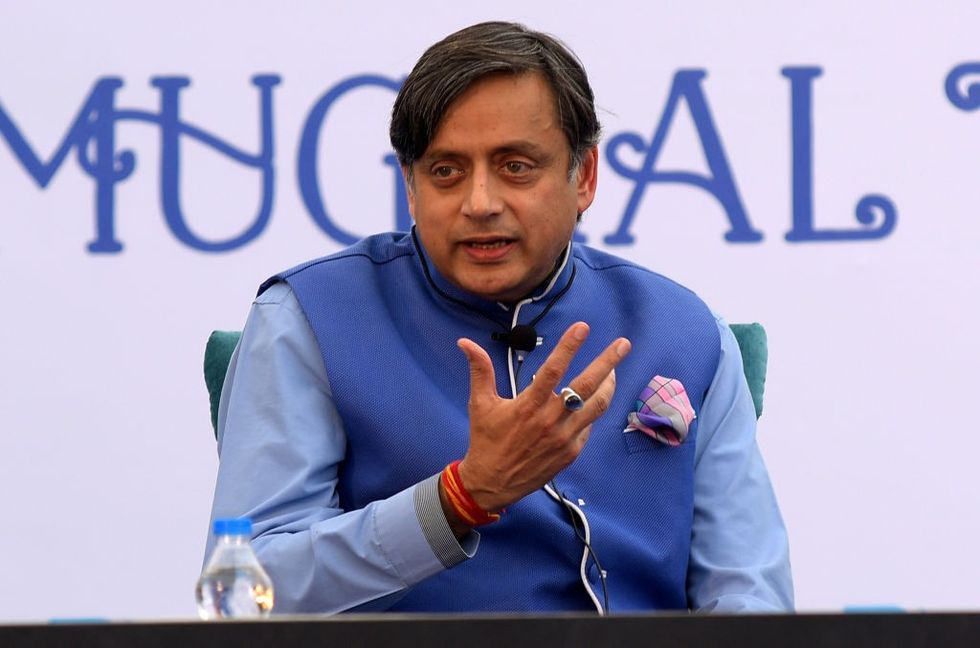by Gina Miller
THE words of the notorious advertisement that Nigel Farage unveiled during the referendum campaign, depicting a long queue of people from overseas, supposedly if not actually waiting to get into Britain, are much in my mind as I write this – “breaking point.”
It is not, however, the breaking point that Farage and his supporters would have you believe was about to befall us, but the breaking point of reasonable men and women in the Commons, of all political complexions, and in the country at large.
Seven loyal but desperate Labour MPs whose values no longer accord with their party’s, have just chosen to break away. More may follow. They simply cannot and will not be a party to doing anything that will damage us as a country.
Dominic Grieve, the former Conservative attorney general and the most mild-mannered of men, no doubt empathises with them. I heard him speaking in the chamber the other day when he expressed his exasperation not just with the Labour front bench for its position on Brexit, but also with his own party’s – and then he added that his ability to remain loyal to it, too, was being sorely tested.
I am not interested in telling anyone who voted Leave that they were wrong, or those who voted Remain that they were right. The whole campaign was conducted on a false prospectus – what was promised and what now appears to be possible have turned out to be two very different things.
I do not seek, either, to dwell on the financial cost of Brexit which, according to a top Bank of England official the other day, is about £800 million a week.
What I want to consider is the emotional cost to the nation of breaking away from Europe and the norms of political behaviour we once took for granted. No politician since Enoch Powell has spoken about race in the way that the leading proponents of Brexit did during the referendum campaign and subsequently.
The more patrician media that we had in the 1960s, after Powell made his ‘Rivers of Blood’ speech, largely decided it would be distasteful to give him air time and the general tone of the coverage he did receive was disapproving.
No such qualms exist these days, when the media often seems to be encouraging people to speak in incendiary language. The consequences of this are now clear. The home secretary, Sajid Javid, was not spared the hate mail that resulted in last year’s appalling “Punish a Muslim” campaign that was co-ordinated by sinister but apparently well-resourced forces festering in the far-right of the political firmament.
This month, a Conservative councillor felt it reasonable to send a photograph to Labour MP David Lammy of a smiling blacked-up minstrel with an accompanying racist message.
Hate crime has risen substantially since the vote to leave the European Union, with 76 per cent of the attacks (71,251 incidents) being attributed to race. It is certainly clear to me from the abuse I have received – not least from the men who shouted “gas Gina Miller” as I attempted to give an interview to the BBC’s Huw Edwards the other day – that Brexit has emboldened the racists in our midst.
A little over half – that’s 53 per cent – of white voters chose to leave the EU in the referendum, compared to just a quarter of the BAME population who wanted out. A third of British Asians voted Leave (predominantly male, mostly older groups, particularly Indian Hindus), compared to a quarter of black Caribbean, black African, Pakistani and Bangladeshi voters.
The Leave campaigners cynically targeted specific groups within the BAME population. Oli Khan, the boss of the Bangladesh Caterers Association, has spoken, for instance, about how Priti Patel and Boris Johnson approached him to collaborate on a “Save Our Curry Houses” campaign. The pair said that in return for his endorsement of Vote Leave, they would ensure his members got more chefs from south Asia by relaxing immigration rules with lower salary thresholds to hire staff from outside the EU. With the plight of curry houses now made manifestly worse by Brexit – many of the EU citizens who worked in the industry have quit and there is no easy way to replace them – he now rues the day he met them.
This is now about so much more than Brexit; it is about who we are as a people and the country we wish to be and live in. An Indian Hindu, when I asked him why he was voting Leave, said a lot of it for him was about how so many people around him, from other countries, were making little or no attempt to assimilate into British society in the way that he had when he first arrived in the 1950s.
Whether you agree or not, I would say today the people in our society not making any attempt to assimilate into our society are, in fact, those pushing for a hard Brexit. They are dividing us, not uniting us, and all too often on the basis of race and creed. This we cannot and must not accept – decent men and women, of all backgrounds and political affiliations, have a breaking point too.
- Go to www.leadnotleave.com/donate to support Gina Miller’s Lead Not Leave campaign





 Tanika Gupta
Tanika Gupta  Shashi Tharoor AFP via Getty Images
Shashi Tharoor AFP via Getty Images  English cricket writers are distraught that in the current “Ashes” series against Australia down under Getty Images
English cricket writers are distraught that in the current “Ashes” series against Australia down under Getty Images 





